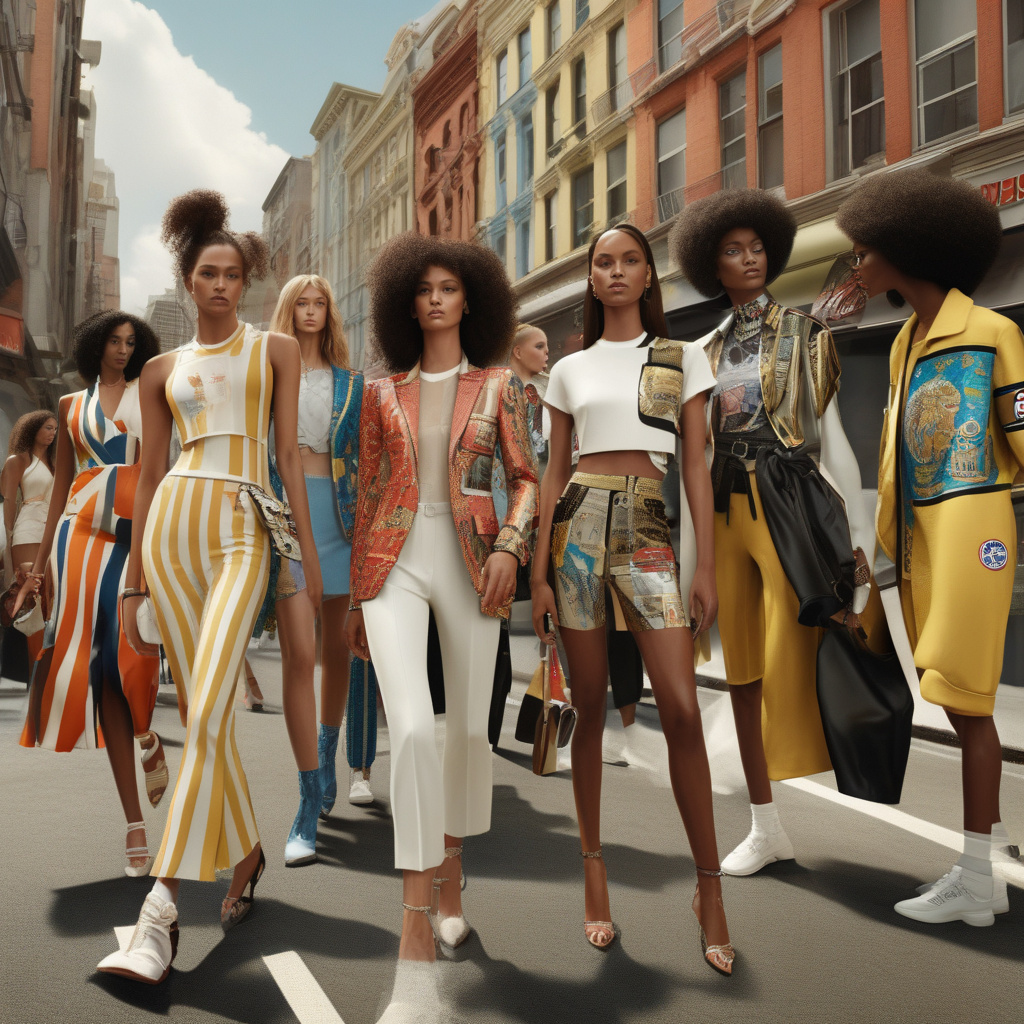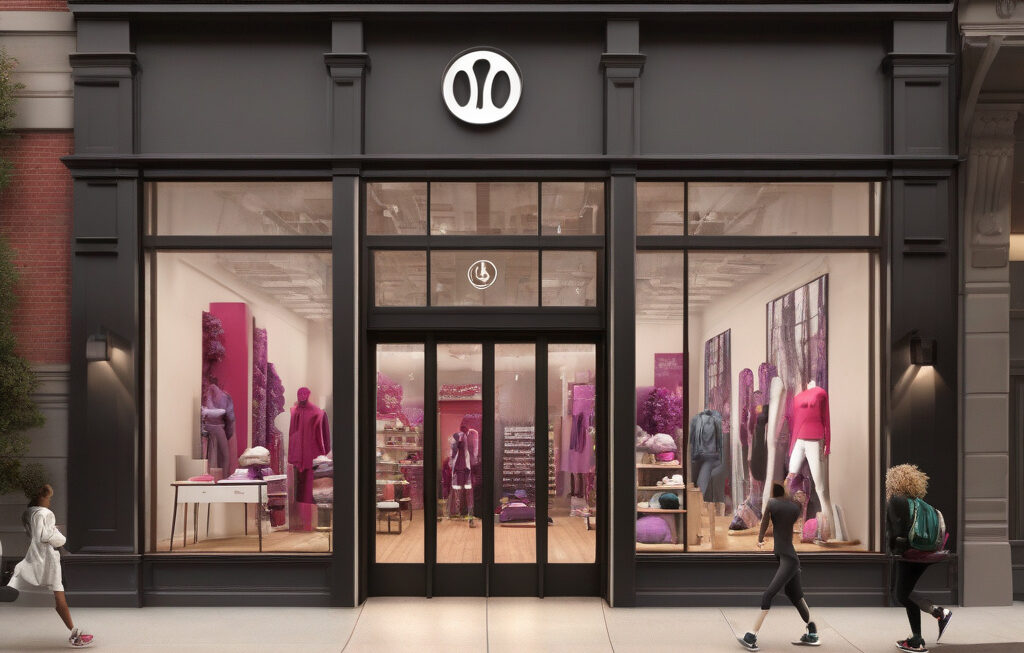Fashion Brands’ Response to World Cup Controversies: Navigating Ethics in Marketing
The upcoming FIFA World Cup in Qatar presents a unique opportunity for brands to showcase their products on a global stage. However, the host country’s track record on human rights issues, including the alleged mistreatment of migrant workers and LGBTQ+ citizens, has sparked controversy and raised ethical concerns. As the world turns its eyes to the tournament, many industries, including fashion, are faced with a critical question: How should they navigate these sensitive issues while still capitalizing on the marketing potential of the event?
Despite the gravity of the human rights concerns surrounding the 2022 World Cup, fashion brands have been notably reticent to engage with the controversy. While some industries have taken a stand or called for change in Qatar, the fashion world has largely remained silent on the matter. This silence may be attributed to a variety of factors, including the desire to avoid controversy, maintain neutrality, or simply focus on the commercial opportunities presented by the event.
One reason for fashion brands’ reluctance to address the controversies surrounding the World Cup may be the complex nature of the issues at hand. The mistreatment of migrant workers in Qatar, who often endure poor working conditions and labor abuses, is a deeply entrenched problem with no easy solution. Similarly, LGBTQ+ rights in the country face significant challenges, with same-sex relationships being criminalized under Qatari law. These are deeply sensitive and politically charged issues that require a nuanced approach from brands looking to engage with them.
Moreover, the intersection of fashion and sports presents its own set of challenges. While sports and fashion have long been intertwined, with athletes often serving as brand ambassadors and inspiring fashion trends, the ethical implications of aligning with a sporting event mired in controversy are significant. Fashion brands risk being seen as complicit in the human rights abuses associated with the World Cup if they choose to actively promote their products in connection with the tournament.
Despite these challenges, some fashion brands have found creative ways to navigate the ethical minefield of the World Cup. For example, rather than directly associating themselves with the event, some brands have chosen to focus on promoting inclusivity and diversity in their marketing campaigns. By championing these values, brands can signal their commitment to social responsibility without wading into the contentious issues surrounding the tournament.
Another approach taken by fashion brands is to use their platform to raise awareness about the human rights abuses in Qatar. By partnering with advocacy groups, supporting charitable initiatives, or amplifying the voices of marginalized communities, brands can leverage their influence to drive positive change and engage with the issues in a meaningful way.
In conclusion, the FIFA World Cup in Qatar presents a complex challenge for fashion brands looking to balance ethical considerations with commercial opportunities. While the controversies surrounding the tournament are undeniably fraught, brands have the opportunity to demonstrate their commitment to social responsibility and ethical business practices by engaging with these issues in a thoughtful and meaningful manner. By taking a stand on human rights, promoting inclusivity, and using their platform for good, fashion brands can navigate the World Cup controversies with integrity and purpose.
World Cup, Fashion Brands, Marketing, Human Rights, Qatar












